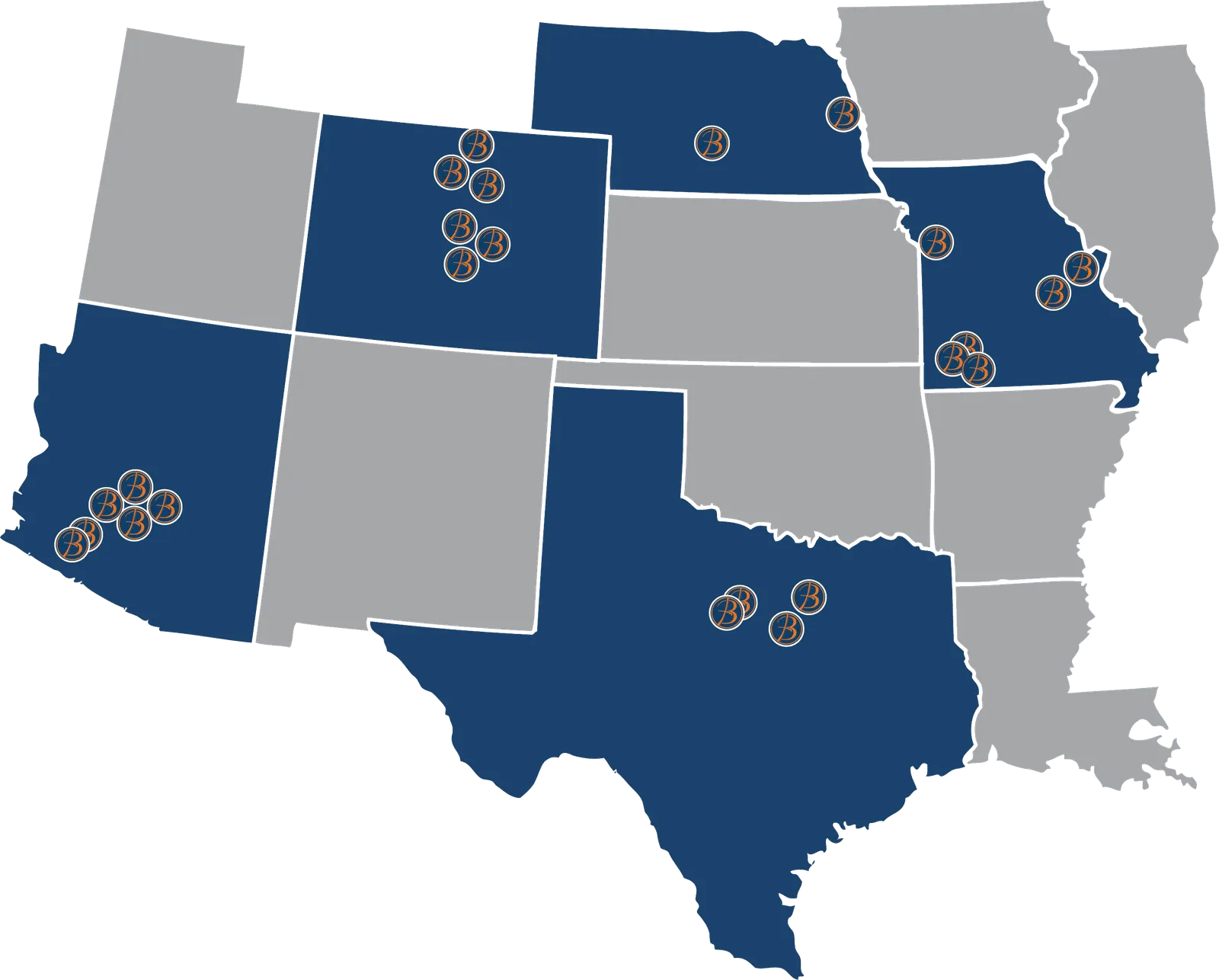We're not tax accountants at Broadmoor Court assisted living community in Colorado Springs. We work to ensure high-quality services and amenities and a safe, welcoming and vibrant community for our residents. So, if you're an older adult with complex tax questions, we recommend seeking out a trusted tax professional.
That being said, we did scour the internet — and the IRS website — to find some potentially helpful facts about tax deductions and other considerations to get you started with tax season as a retired senior in 2025
Filing requirements depend on your income during the tax year. The good news is that the threshold for people aged 65 and older is higher, which means you can earn slightly more income without having to file a tax return.
If you're married but filing separately and you have any income at all, you'll need to file a return. The threshold for married individuals filing separately is $5 regardless of age.
According to the Social Security Administration, around 40% of people who receive Social Security benefits owe federal taxes on that income. Whether you must pay taxes on your benefits depends on your combined income — which is half of your benefits plus your adjusted gross income and any nontaxable interest you earned during the year.
The tax rate on Social Security benefits can be steep if you have a high income in retirement. Many retirees work with financial planners or other professionals to create budgets and retirement plan withdrawal schedules to help maximize asset use while reducing tax burdens.
Colorado levies a 4.4% income tax on income that comes from your retirement plans — though railroad and military retirement benefits are exempt. However, adults aged 65 and up can deduct $24,000 in qualified retirement income from their taxable income to help avoid some of this tax expense.
If you're aged 65 or older and meet other requirements, you may be able to get a special credit for elderly or disabled individuals. Requirements include:
The federal tax credit is between $3,750 and $7,500, depending on your income and qualifying factors.
Even with insurance coverage through Medicare or other plans, older adults may spend a good portion of their income on medical and dental expenses each year. You may be able to deduct some of that expense to reduce your taxable income. The IRS allows a medical deduction for any qualifying expenses that exceed 7.5% of your adjusted gross income.
If you're an older adult of faith, you might have a lifelong habit of tithing to church organizations or missions. Many retirees eventually downsize and donate furniture and other items to local charities, including thrift stores. You might also want to support organizations that are important to you while leaving a legacy in your community.
All these efforts might be tax-deductible. According to the IRS, individuals who itemize deductions can claim up to 60% of their adjusted gross income in charitable deductions made to qualifying organizations. These include tax-exempt churches and synagogues, charitable community chest organizations, nonprofit volunteer fire companies and rescue squads and certain war veterans' organizations.
Even if you don't have charitable donations or qualifying medical expenses to itemize, you can take a bigger deduction if you're 65 or older. For 2024 taxes — the ones you have to file by April 2025 — individuals aged 65 and older get an additional $1,950 in standard deduction if they're single. Married individuals get an additional $1,550 in standard deduction per person.
We've thrown a lot of facts and figures around in this blog post, so don't worry if you didn't catch it all. Consider talking to your accountant or a tax preparer about your tax return this year, including whether you need to file and how you can use some of the deductions and credits mentioned above to reduce your tax burden.

2045 Roanoke St.
Colorado Springs, CO 80906
Sales & Marketing: (866) 928-5321
Reception Desk: (719) 471-2285


